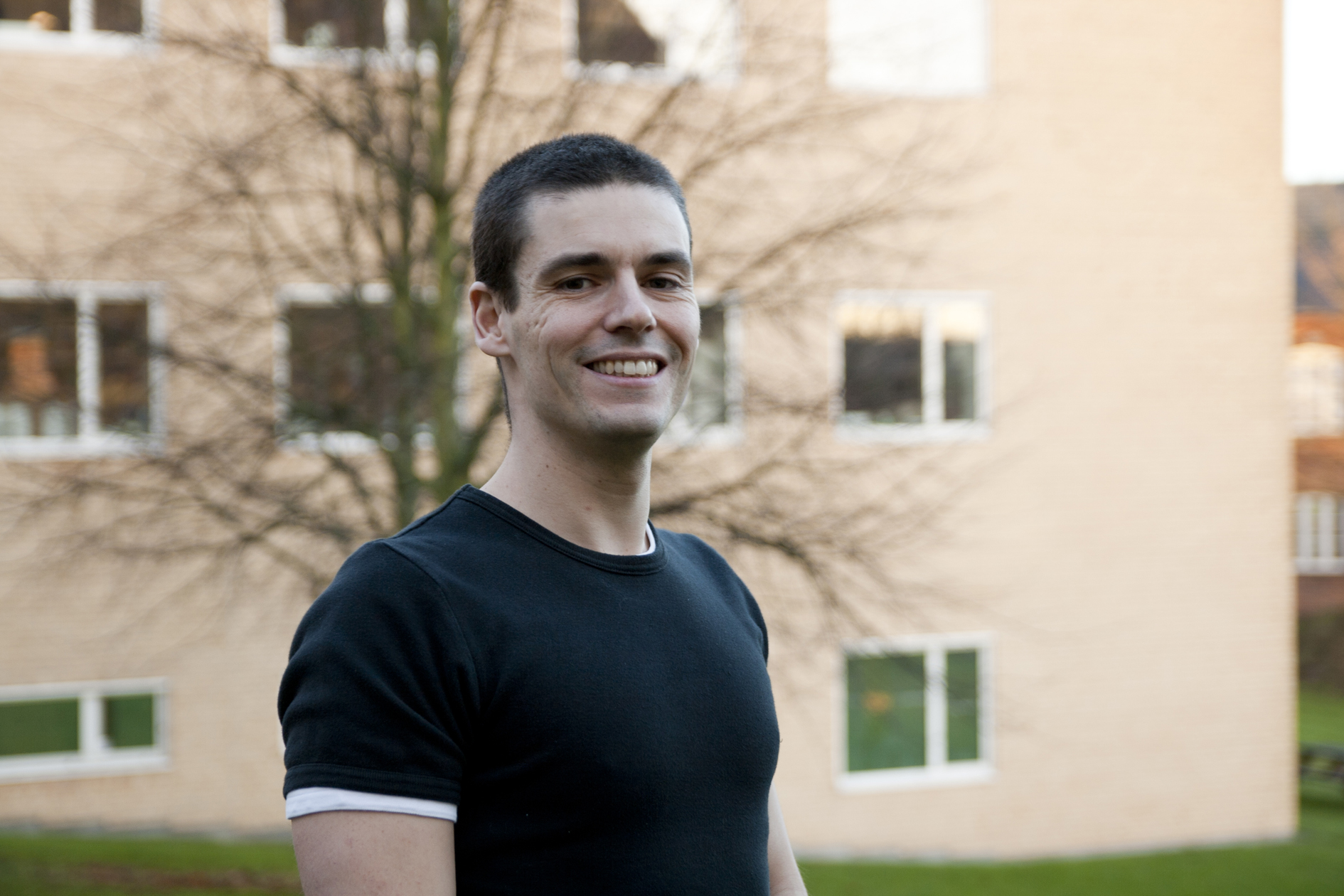ERC Starting Grant awarded to Bjørn Panyella Pedersen
Bjørn Panyella Pedersen, Department of Molecular Biology and Genetics, has been awarded a prestigious ERC Starting Grant from the European Research Council (ERC) valued at EUR 1.5 million to start a research group within structural biology at Aarhus University.

“My ERC Strating grants provides me with a fantastic opportunity, and it comes at a critical and very sensitive point in my research career,” says Bjørn Panyella Pedersen. “To start up an independent research group is the next natural step after my four-year training period at one of the world’s absolute leading medical research facilities at the University of California, San Francisco (UCSF) and, at the same time, it’s a giant leap forward in my career.”
“The project I’ve planned with membrane protein complexes and human membrane proteins is extremely ambitious and requires support and great faith to succeed. I’m very honoured that the ERC has decided to entrust me with one of their prestigious grants,” he concludes.
Mechanisms behind cholesterol and sugar uptake
Dr Pedersen’s research focuses on two aspects of human food ingestion. He and his new research group at the Department of Molecular Biology and Genetics will initially study how the body absorbs cholesterol from the small intestine. In large amounts, cholesterol can lead to cardiovascular diseases, but it is absolutely essential in moderate amounts for a well-functioning body. Absorption of cholesterol into the body’s circulation takes place in the small intestine, aided by a protein called NPC1L1.
The research group will study the molecular function of NPC1L1 by means of a combination of biochemical experiments based on structural biology. Their second task will be to study how the body’s cells absorb sugar. After digestion, sugar is transported via the bloodstream to the body’s cells for the production of energy. A key player in the cells’ uptake of sugar is a protein called GLUT. This protein is the limiting factor for the individual cell’s sugar consumption. As is the case for NPC1L1, the group will also study the molecular function of GLUT using a combination of biochemical experiments based on structural biology.
By means of structural biology experiments, the researchers can find the three-dimensional structure of these nanomachines. This will be supplemented by other types of biochemical experiments to describe their kinetic parameters. The researchers can hereby create a model of how these procedures function at a molecular level and gain important new insight into how to regulate them.
This will ultimately lead to progress in a number of important common conditions, such as cardiovascular diseases, diabetes and cancer.
More information
Bjørn Panyella Pedersen
Department of Molecular Biology and Genetics
and Aarhus Institute of Advanced Studies
Aarhus University, Denmark
bpedersen@aias.au.dk - + 45 87153687
